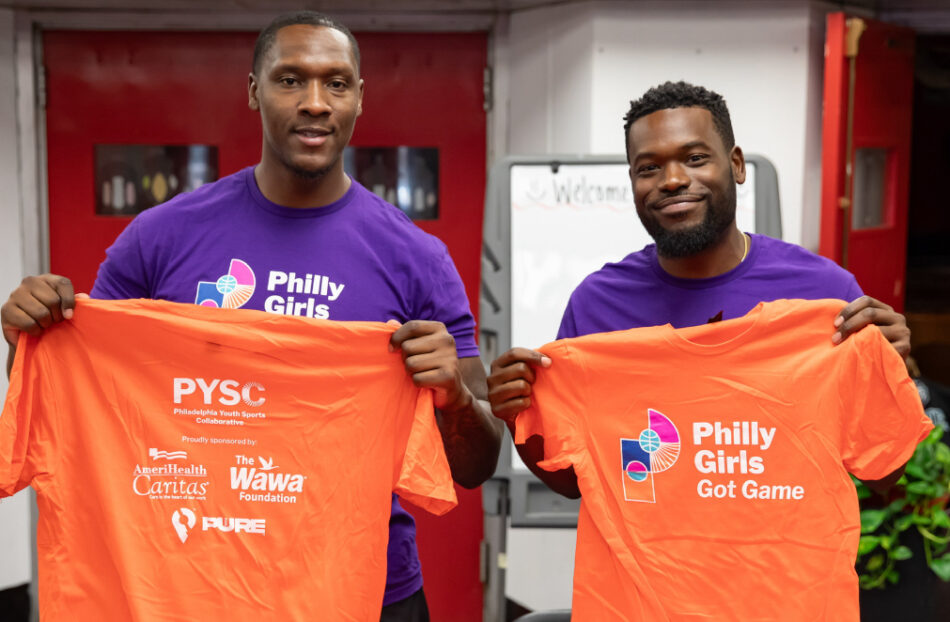
A new study has found that sports facilities in Philadelphia neighborhoods with higher percentages of white residents tend to be of higher quality than those in areas with fewer white residents.
The study, conducted by Temple University’s School of Sport, Tourism and Hospitality Management, began in 2023 and observed 1,400 sports facilities across the city that are managed by Philadelphia Parks and Recreation.
Its findings were stark: White neighborhoods had better quality sports facilities, more sports fields, and more permitted sports.
“Moving forward, we know that a larger investment is needed.” said Dontae Privette, the Director of Community Engagement, at Philadelphia Youth Sports Collaborative. He says that in affluent neighborhoods, recreation programs rely on volunteer support and resources but in lower income neighborhoods working parents may not have the time.
“We can’t traditionally rely on the means that got us here, parents are working more than one job, people are trying to put food on the table in this economy,” said Privette.
The Philadelphia Youth Sports Collaborative is a youth sports resource hub that has 150-170 member organizations who service about 100,000 kids all across the city of Philadelphia. They work with the Department of Parks and Recreation as well as other partners to provide resources to Philadelphia youth sports.
Privette says that youth sports are a key piece of development in a child’s early life, they provide opportunities along with positive life lessons like group work, discipline, and respect.
“Sports are where kids develop a lot of pro-social skills. When it comes to skills that we need later in life, when we go into our careers, trying to be a part of a group; You need resilience, you need teamwork, you need trust, you need all of these buzz words we throw around, sports is a great space to learn all of that” said Privette.
In the city of Philadelphia, about 80% of youth do not partake in government-recommended levels of physical activity, and about 20% of Philadelphia’s youth do not partake in any physical activity at all, according to a 2018 study published by the National Center for Health Research.
Privette says that the findings from the new study will inform PYSC’s work in the future.
“PYSC’s next step is to take the learnings [from the study]. We want to continue to learn and then advocate for the solutions that we see working for our city.”
Recently, the PYSC started providing The Philly Youth Sports Fund, a new grant in partnership with the Philadelphia Parks & Rec Department, providing necessary funding, between $500 to $5,000 to youth sports community organizations across the city. This was part of Mayor Cherelle Parker’s $3 million investment pledge from 2024, focused on anti-violence efforts.
“These grants go a long way to make sure people can take care of basic necessities like equipment, training, all types of things to ensure sustainability of the organizations,” said Privette.
Bridging the equity gaps around youth sports in Philadelphia is something PSYC focuses on.
Privette says that sports don’t just provide a space for activity, they improve early childhood development by allowing kids to learn valuable life skills.
“We do work to make sure people see the value proposition of youth sports, not over, but alongside things like public safety, community health, and violence prevention. Youth sports intersect all of those things, you can actually build a strategy that strengthens the other outcomes” said Privette.
Privette hopes that the work done by the Philadelphia Youth Sports Collaborative is a message to community members and leaders all across Philadelphia to help support our city’s youth.
“I wish people would understand that this benefits everybody, no matter what your stance is, or what your political affiliation is, we need more alignment and more synergy between our city department and our community organizations, but that’s why PYSC exists.”


Be the first to comment